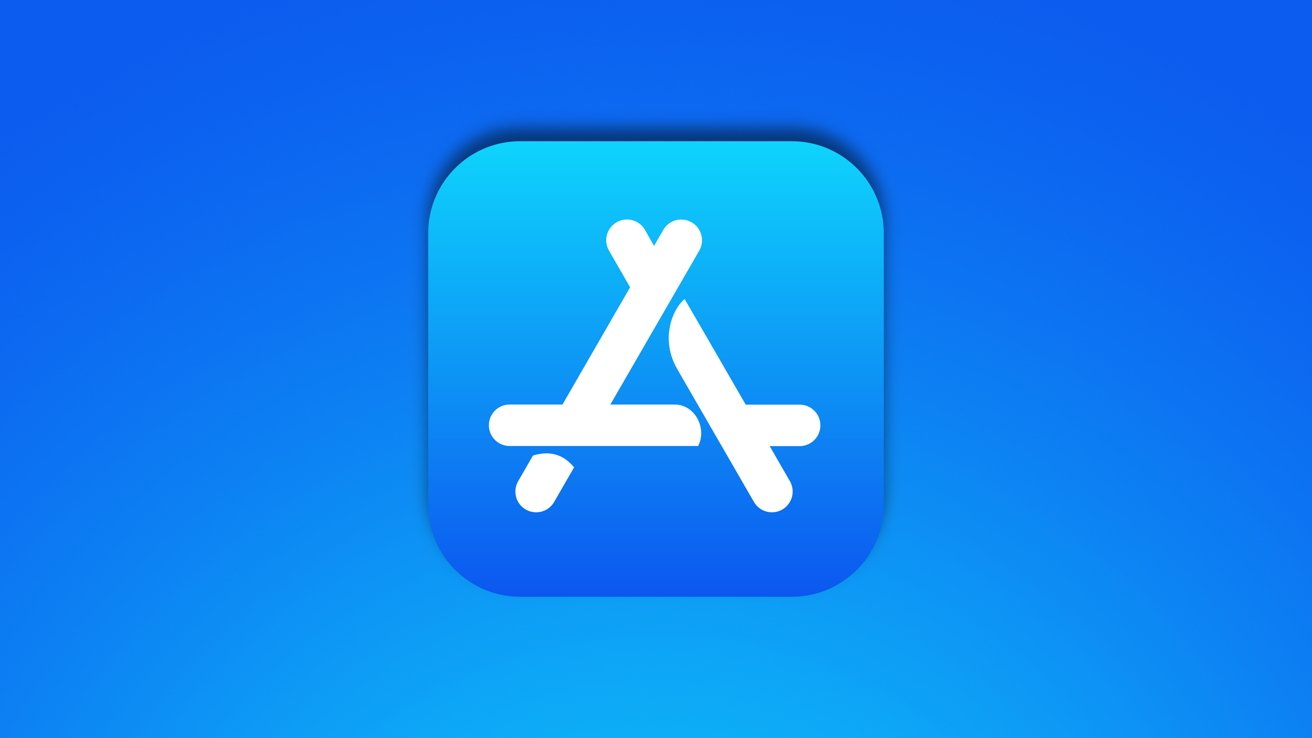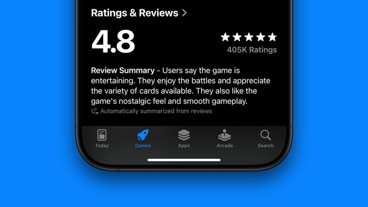Developers in the EU have improved the ability to sign up for Apple's updated terms, a one-time exit clause, and new eligibility criteria that should address many concerns.
After Apple announced how it would handle the European Union Digital Markets Act, it was called malicious compliance by some. After meeting with developers and copious feedback, Apple has made some changes to those rules days before the DMA goes into effect.
According to information provided by Apple and updated documentation, the terms have had three significant changes made to address developer concerns. It'll be easier to create an alternative marketplace and undo the new contract if needed.
The new rules created by the DMA are not required for developers. The developer must opt-in and sign an addendum agreeing to new rules regarding how Apple gets a commission.
Apple has removed the corporate entity requirement that made it so every account attached to a company had to sign the contract addendum. It is now controlled on the account level, allowing a business to manage multiple developer accounts with different rules in and out of the App Store.
A primary concern surrounding Apple's new EU rules was the Core Technology Fee, which would require developers to pay a half euro for each annual install over a threshold of 1 million. This rule could cause financial trouble for apps like Widgetsmith that wouldn't make enough money to cover a sudden $50k bill due to a spike in popularity.
Now, if a developer approaches the one million download mark, there is a single chance to back out of the new contract. The developer can terminate the addendum and return to having an app in the App Store with the usual 30% or 15% cut.
That one-time escape clause can be activated at any time. However, if the developer signs the addendum again, there's no going back.
Finally, Apple has made it easier for developers to create alternative app marketplaces by not requiring a standby letter of credit under certain circumstances. If the developer's account has existed for two years and has an established app business in the EU with more than 1 million first annual installs, the entity could open an alternative marketplace without the standby letter of credit.
The ability to run alternative app marketplaces or download apps from outside of the App Store is enabled by iOS 17.4. Apple released iOS 17.4 to the public earlier on Tuesday.
 Wesley Hilliard
Wesley Hilliard







-m.jpg)






 Christine McKee
Christine McKee
 Malcolm Owen
Malcolm Owen
 Marko Zivkovic
Marko Zivkovic

 Andrew Orr
Andrew Orr
 Andrew O'Hara
Andrew O'Hara
 William Gallagher
William Gallagher





-m.jpg)



17 Comments
A maze of red tape to make it prohibitive. An alternative app store on macOS requires no interaction or input from Apple at all. An example is MacPorts. The real answer here is customers demanding app freedom on iOS and iPadOS from Apple and voting with their dollars if Apple doesn't deliver. The same app freedoms should exist on iOS/iPadOS as has existed on macOS since 1984: 'sideloading' allowed. The very term 'sideloading' is itself a loaded term that presumes an authority that Apple doesn't have, control of YOUR device. It is your device not Apple's. You should be able to load on it whatever app you darn well please. That is still true on the Mac. It should be true for iPhones too.
Mr. “I do my own research” in post #1 fails to note that Mac malware is far more prevelant than it is on iOS precisely because sideloading is allowed (not to mention Android, which has the same problem). He also conveniently omits that the Mac App Store is far and away the dominant source of Mac apps, even though users have “freedom of choice” to get their apps anywhere.
"
Just the other day a friend's friend was showing us some page to purchase Watch faces from within the Facebook app. No matter how many times we explained it wasn't from Apple's app store he just kept pointing at his iPhone saying it was an Apple iPhone. He was really confused of why we were telling him he was going to purchase something inside his Facebook app and he kept insisting he was buying it from Apple. LMAO!
This is the future of alt app stores and dumb people just being ignorant.